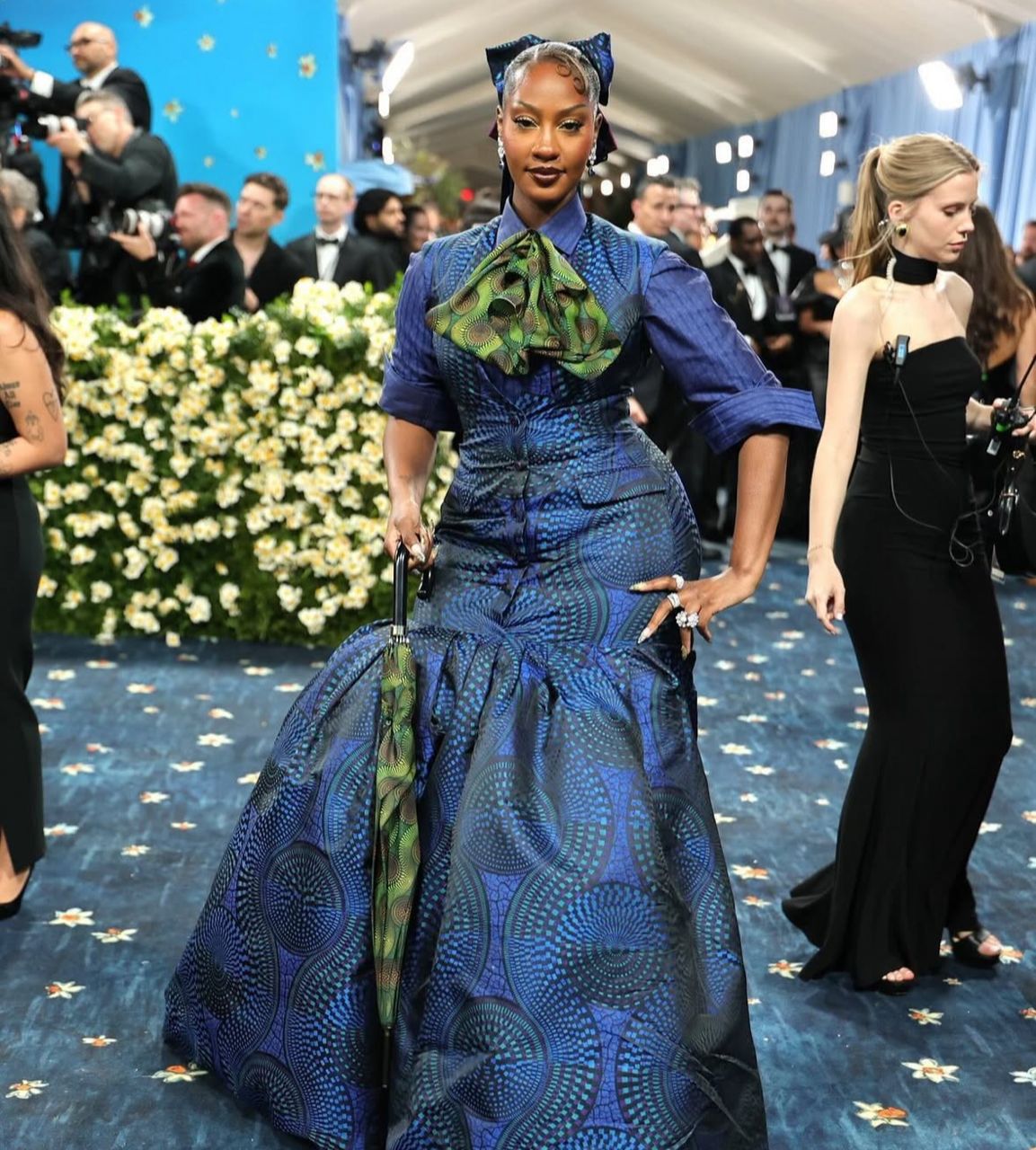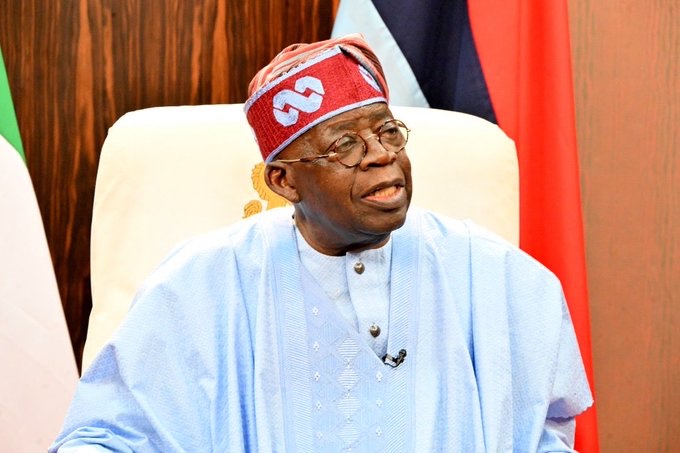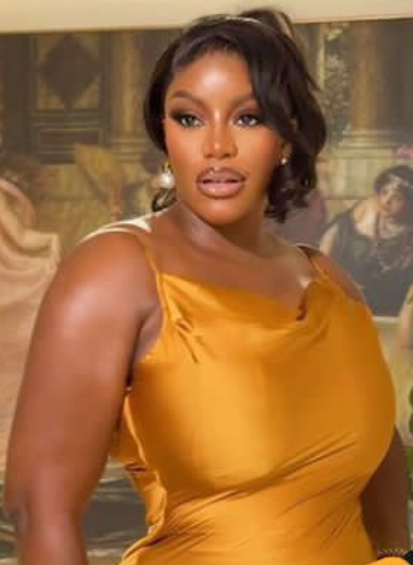
Tems Shuts Down the Met Gala in Breathtaking Ankara-Themed Ensemble: A Moment of Afrocentric Glory on Fashion’s Biggest Night

The Met Gala may be known for its extravagant fashion statements and couture extravaganzas, but this year, Nigerian singer Tems turned heads and stirred hearts by stepping onto the prestigious red carpet draped in a rich, unapologetic expression of African identity. While many A-listers opted for futuristic gowns, metallics, and sculpted silhouettes to match the night’s theme, Tems went in a bold direction, rocking a regal Ankara-themed outfit that instantly became one of the most talked-about looks of the evening.
From the moment she appeared, flashbulbs went wild. The Grammy-winning singer, already celebrated for her powerful vocals and soulful style, delivered a masterclass in cultural pride, proving yet again that she’s not just a voice of a generation—she’s a vision of it too. Her outfit, an intricate fusion of traditional West African fabric and high fashion craftsmanship, commanded attention in every frame. The vibrant prints, symbolic patterns, and daring structure of the ensemble were not only visually arresting but also deeply meaningful.
Social media exploded within minutes of her arrival, with fans, fashion critics, and Afrocentrists alike praising her for staying rooted in her heritage while standing tall on a global platform. “Tems didn’t just wear Ankara,” one user tweeted, “she carried the weight of an entire continent and made it fashion-forward.” Others echoed this sentiment, calling her look revolutionary and a proud moment for African fashion. Hashtags like #TemsMetGala and #AnkaraOnTheRunway began trending as fans across the globe gushed over her audacity and authenticity.
The Met Gala, often dubbed “fashion’s biggest night,” has long been a stage where designers and celebrities push the boundaries of creativity, art, and identity. Yet, year after year, African designers and textiles have often been underrepresented, or when used, appropriated without due credit. Tems’ outfit, however, marked a refreshing shift. Designed by a rising African fashion house, her look wasn’t just inspired by Africa—it was Africa. Every fold, cut, and color told a story, and Tems wore it like royalty.
Her hair, styled in a crown-like braided updo, complemented the regal theme of the outfit, while her makeup was soft but striking, with earthy tones that allowed the boldness of the Ankara to shine through. Accessories were kept minimal but culturally significant—a pair of gold earrings shaped like cowrie shells and a hand-beaded clutch that whispered rather than screamed. Even her walk down the red carpet exuded grace and confidence, as if to say: “I know who I am, and I belong here.”
Fashion insiders were quick to commend the risk she took, especially at an event where most attendees lean towards Western high fashion labels and predictable interpretations of the night’s theme. “What Tems did was courageous,” said a Vogue contributor on the red carpet broadcast. “It’s one thing to wear something bold, but it’s another to carry it with such dignity and presence. She didn’t just wear a dress—she made a statement.”
It wasn’t the first time Tems has stunned the world with her fashion choices. At the 2023 Oscars, she was the talk of the night after donning a cloud-like white tulle gown that blocked the view of attendees sitting behind her. Though the look stirred mixed reactions, it placed her firmly on the global fashion map. But while that gown was bold in its shape, her Met Gala look was bold in spirit, in identity, and in history. It wasn't just a dress—it was a declaration.
Back home in Nigeria, fans flooded social media with pride. “Tems is carrying Nigeria on her back and she’s doing it flawlessly,” wrote one user on X. “She didn’t go there to blend in—she went to stand out. And she did it for the culture.” Ankara, long regarded as a symbol of African identity and resistance, was suddenly center stage at the Met Gala, thanks to a 28-year-old woman who dared to be different.
The Nigerian entertainment industry also rallied behind her. Celebrities, influencers, and even government officials took to their platforms to congratulate her. Several fashion designers from Lagos to Accra praised the move as a watershed moment for African fashion. “She has done what many of us have dreamed of,” said a prominent Nigerian designer in an Instagram post. “Tems has broken a barrier and proved that African fashion doesn’t need to be Westernized to be accepted—it just needs the right platform.”
Tems, known for her humility, has yet to make an official statement on the viral outfit, but the fashion world is already abuzz with requests for details. Rumors suggest that the outfit was months in the making, with the singer heavily involved in its conceptualization. Sources close to her team claim she insisted on using Ankara as a canvas to communicate African beauty in its rawest form. “She wanted to take her roots with her to the red carpet,” said an insider. “This wasn’t just about looking good—it was about honoring where she came from.”
The timing of her Met Gala appearance couldn’t be more perfect. As conversations around representation, inclusion, and decolonization in fashion continue to gain momentum, Tems’ choice to wear Ankara at such a high-profile event feels like both a protest and a celebration. It’s a powerful reminder that cultural pride can be couture, and heritage can be haute.
By the end of the night, as the glittering guests made their way into the Met’s exhibition halls, one thing was clear—Tems had already stolen the show. She didn't just attend the Met Gala; she transformed it into a moment of cultural awakening. And as the cameras flashed and fashion commentators scrambled to rank the night's best-dressed, there was a near-unanimous consensus: Tems didn’t just walk the carpet—she owned it, wrapped in Ankara and unapologetic glory.
In a world where assimilation is often rewarded, Tems chose authenticity. And that, perhaps, is the most fashionable statement of all.


